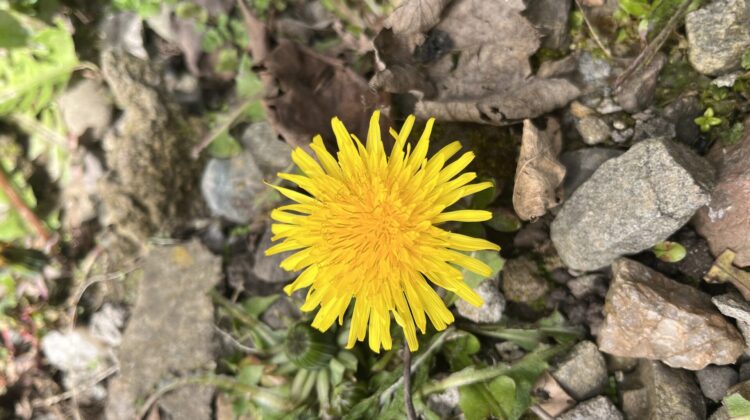
The dandelion, often dismissed as a pesky weed, is far more than meets the eye. This unassuming plant has captured the hearts of many with its vibrant yellow flowers and resilient spirit. From its symbolic significance to its practical uses, the dandelion has proven to be a true marvel of nature.
Symbolism and Mythology
The dandelion holds deep symbolic meaning across various cultures. It is often associated with the three celestial bodies: the sun, moon, and stars. The bright yellow flower represents the sun, the fluffy seed head resembles the moon, and the dispersing seeds symbolize the stars. This connection to the heavens has made the dandelion a symbol of hope, optimism, and spiritual awakening.
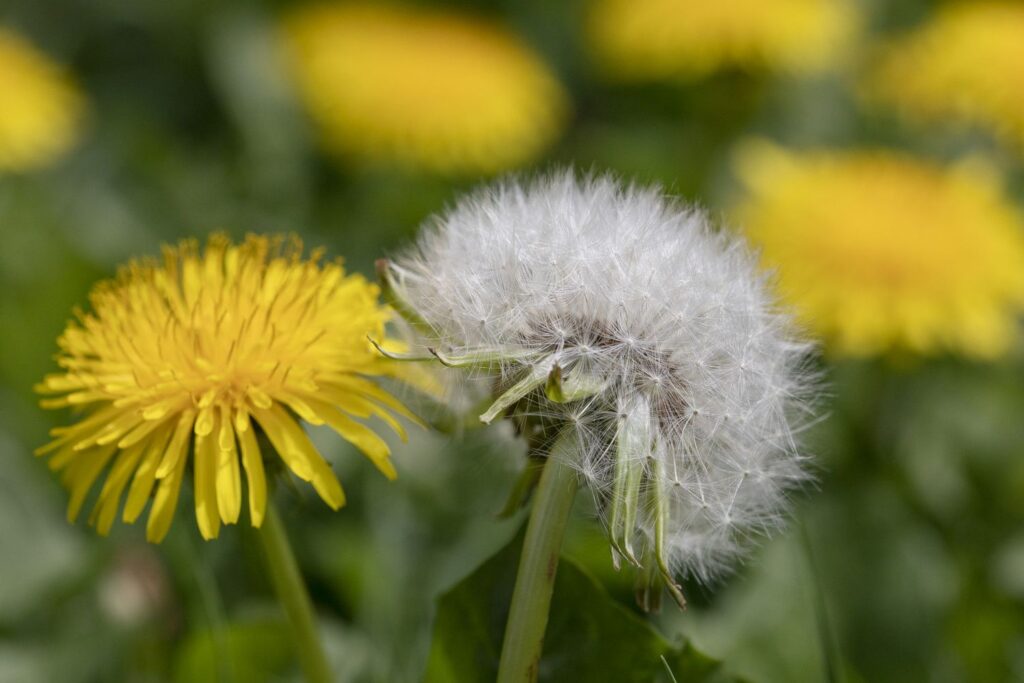
Botanical Wonders
The dandelion is a fascinating plant from a botanical perspective. It has a unique ability to open its flowers in the morning and close them at night, mimicking the daily cycle of the sun. Every part of the dandelion, from its root to its leaves and flowers, is useful. It can be used as a food source, a medicinal herb, and even a natural dye.
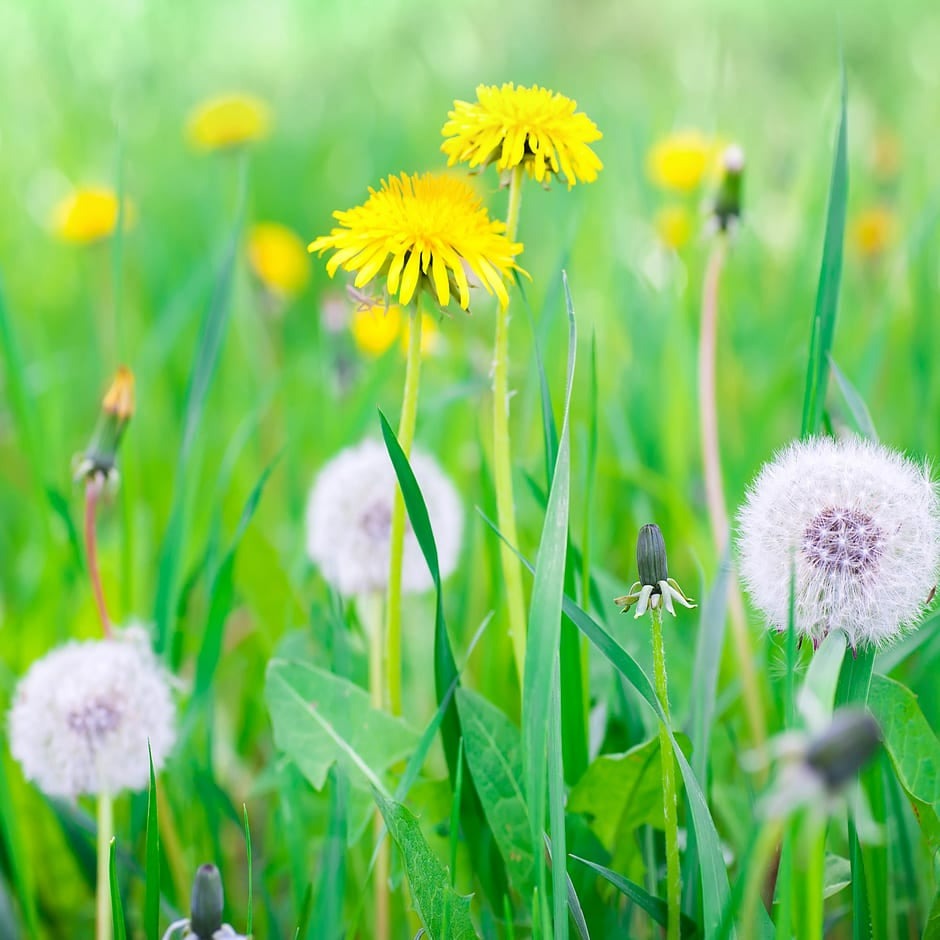
A History of Human Connection
Humans have had a long and intriguing relationship with dandelions. Up until the 1800s, people actively encouraged dandelions and other “weeds” to grow in their lawns, recognizing their value as sources of food and medicine. The name “dandelion” itself is derived from the French phrase “dent de lion,” meaning “lion’s tooth,” a reference to its coarsely-toothed leaves.

Survival and Adaptability
The dandelion is a master of survival. It has one of the longest flowering seasons of any plant, ensuring that it can thrive in a variety of conditions. Dandelion seeds are often carried by the wind, allowing them to travel great distances and colonize new areas. Birds, insects, and butterflies also play a role in dispersing dandelion seeds, contributing to its widespread distribution.
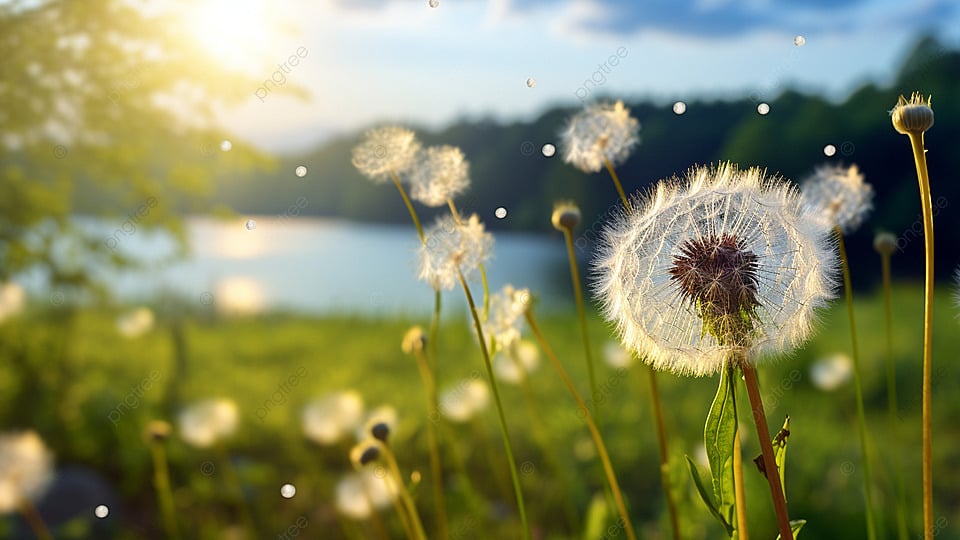
Health Benefits
Beyond its symbolic and botanical significance, the dandelion offers numerous health benefits. Its root can be used as a coffee substitute, while its leaves and flowers are rich in vitamins and minerals. Dandelion has been traditionally used in folk medicine to treat infections, liver disorders, and digestive problems. It also acts as a natural diuretic, promoting healthy kidney function.
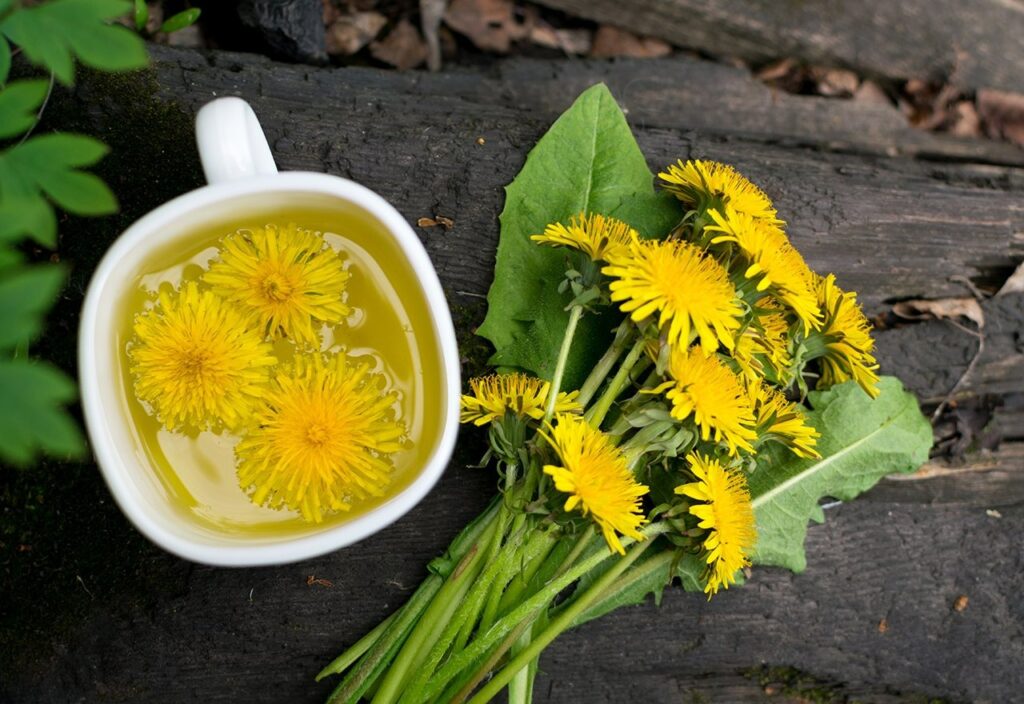
The dandelion is a truly remarkable plant that deserves our appreciation and respect. Its beauty, resilience, and versatility have made it a beloved symbol of nature’s power. Whether you admire its symbolic significance, its practical uses, or simply its cheerful presence in your garden, the dandelion is a testament to the wonders of the natural world.

Leave a Reply